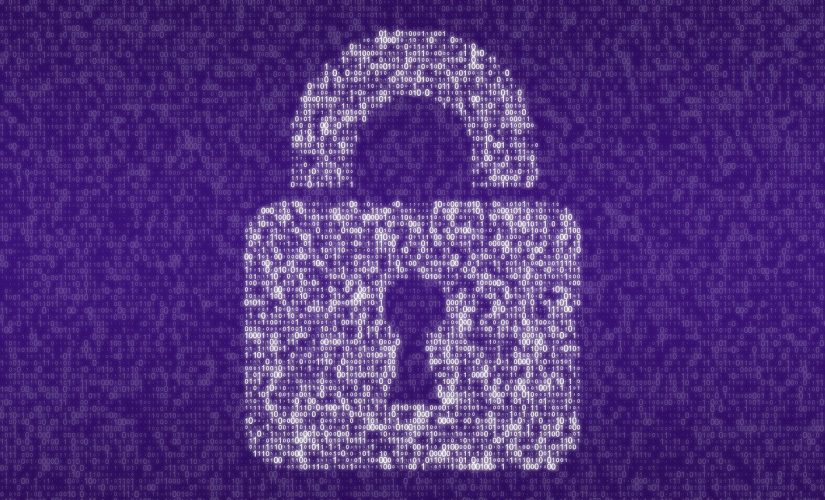Part of the Pennsylvania Courts online system has fallen victim to a cyber attack.
The Chief Justice of the US State, Deborah Todd announced that that a denial of service attack (DDoS) had hit the Pennsylvania court website.
Integral court systems such as the PACFile, online docket sheets, PAePay, and the Guardianship Tracking System are affected.
Law enforcement agencies are now involved in diagnosing the extent of the attack.
“Our court information technology and executive team is working closely with law enforcement including the CISA, the U.S. Department of Homeland Security, and the F.B.I to investigate the incident.” The Chief Justice announced via the official statement.
— PA Courts (@PACourts) February 5, 2024
This cyber attack restricts litigants, lawyers and key court stakeholders who rely on the court’s online systems to prepare for legal proceedings.
“At this time, there is no indication that any court data was compromised, and our courts will remain open and accessible to the public,” said the Chief Justice.
The Pennsylvania courts will hope that all data remains secure and the investigating legal bodies can bring back the key functions that keep the wheels of the courthouse turning.
For updates on when the Pennsylvania Court website is back up, follow the organization’s X account.
What is a DDoS cyber attack?
A denial of service attack (DDoS) is a targeted attempt by a third party to cripple a digital system by undermining and removing core functions.
It is generally the precursor to information or a system being compromised and then a group will take responsibility for the attack, prompting further developments such as a ransom for extracted data or an official statement from those responsible.
Cyber attacks more than doubled across 2023. According to security firm Armis, in January, legacy systems were the cause of many breaches and assaults on digital security.
The FBI however managed to eradicate the Volt Typhoon bot net earlier this month after a series of routers were flagged as compromised. The coordinated strike operation prevented the reinfection of the routers and removed the malware that was deployed by the hackers.
FBI Director Christopher Wray said “Volt Typhoon malware enabled China to hide as they targeted our communications, energy, transportation, and water sectors. Their pre-positioning constitutes a potential real-world threat to our physical safety that the FBI is not going to tolerate.”
Image credit: Pete Linforth from Pixabay




